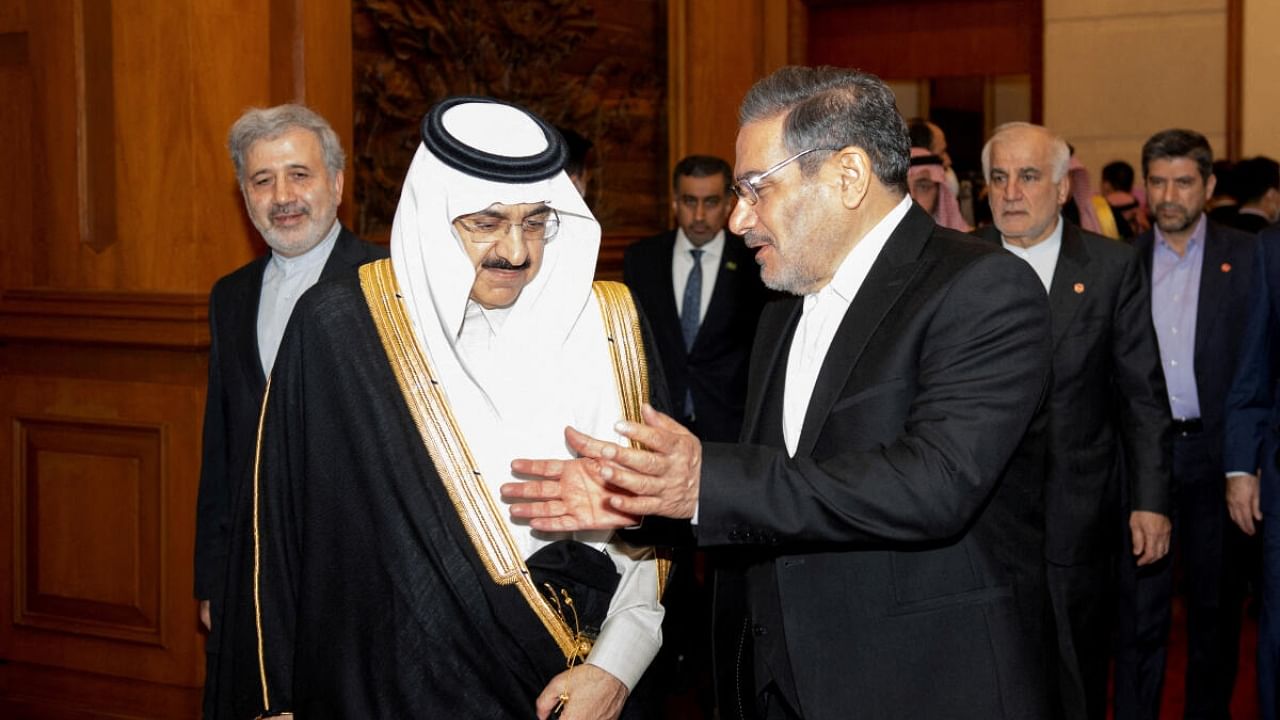
A China-brokered agreement that Iran and Saudi Arabia signed a week ago is historic for at least two reasons. One is that the two countries, sworn enemies till recently, have agreed to re-establish diplomatic relations they had broken off seven years ago when Riyadh executed a Shia cleric. Their enmity, however, goes back several centuries and can be traced to the Shia-Sunni rift over interpretations of the Quran. Today, Iran is the world’s only Shia country while Saudi sees itself as the custodian of Sunni Islam. They are on opposite sides of the religious-sectarian divide and are also geopolitical rivals fighting fierce proxy wars across West Asia. Under the agreement, they have decided to re-establish embassies in each other’s capitals and renew a security cooperation pact. This is just the first small step towards the normalisation of relations. Whether this pact will hold is debatable. Yet, this is an important turning point not only for the two countries but also for the restive region.
The second reason why the Iran-Saudi agreement is momentous is that it marks China’s emergence as a peacemaker in West Asia. China’s close relations with both Iran and Saudi Arabia and its economic heft are likely to have helped it achieve success in clinching the recent deal. Hitherto, it has brokered deals between conflicting parties in countries that are part of the Belt and Road Initiative. So far, West Asia has been an American turf. It is the US that projected itself as an ‘honest broker’ between the Israelis and the Palestinians and maintained the balance between Israel, Saudi and Iran, whether it was through arms supply to Israel and the Saudis, or imposition of sanctions on Iran. With China’s entry, the American role as broker-mediator in West Asia could be on the decline. All eyes are now on Beijing. Will it offer to mediate between Russia and Ukraine? Can it replicate the success it has achieved between the Israelis and the Saudis in other global hotspots? China’s role as a mediator will enhance its global stature. It will give it heft as a credible peacemaker. Of course, this role was not all altruistic: its trade interests in the region drove it to mediate between the two countries.
It is hard to ignore the fact that this was a lost opportunity for India. India too has close relations with Saudi and Iran. Although it lacks China’s economic muscle, it could have facilitated normalisation in the earlier stages by hosting dialogues. Facilitating the normalisation of relations between hostile actors is a role India should not shrink away from.